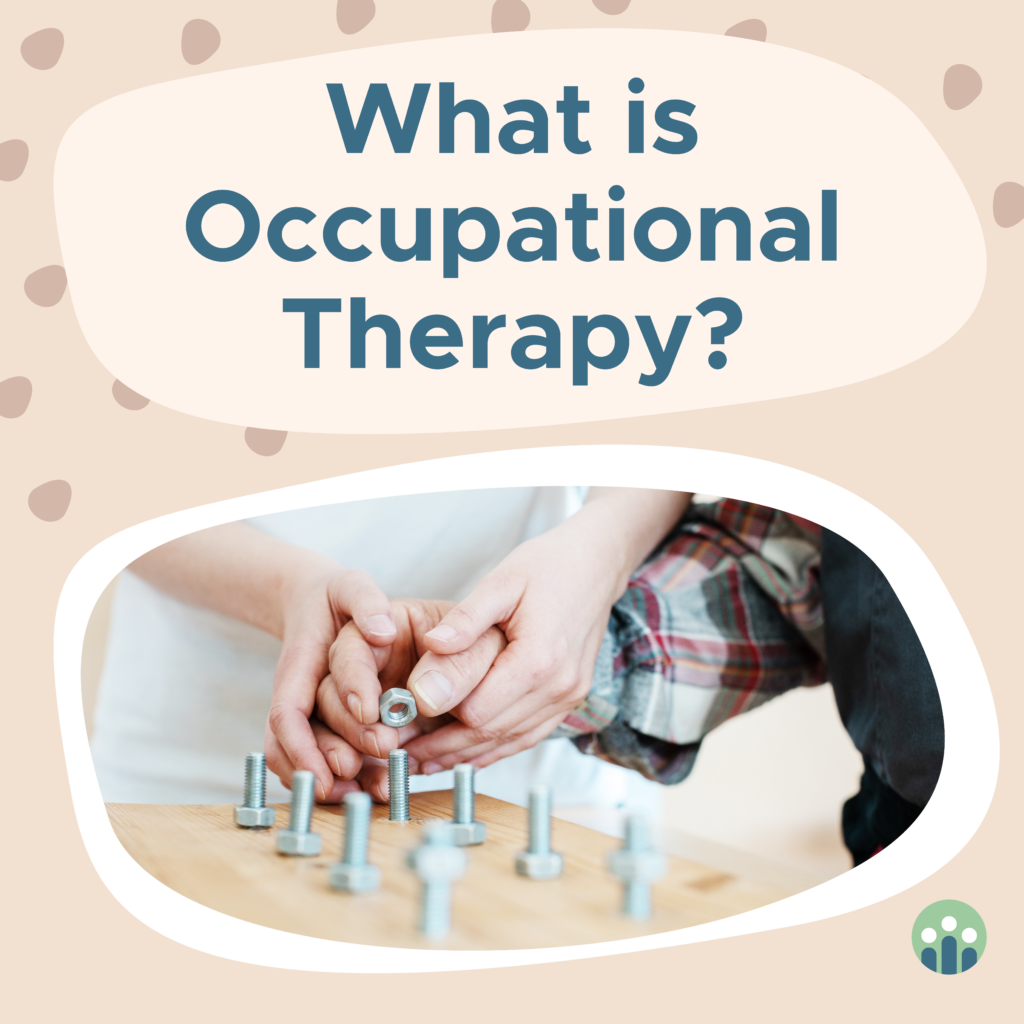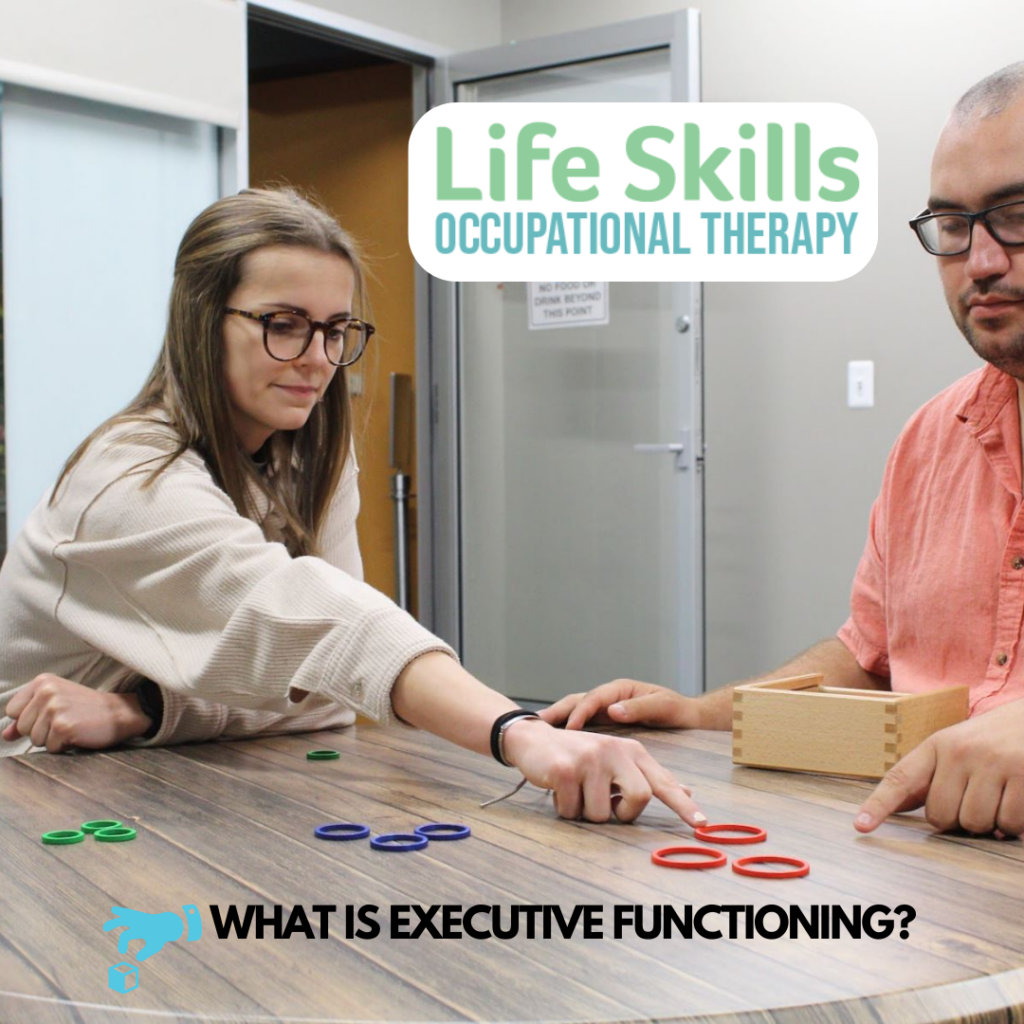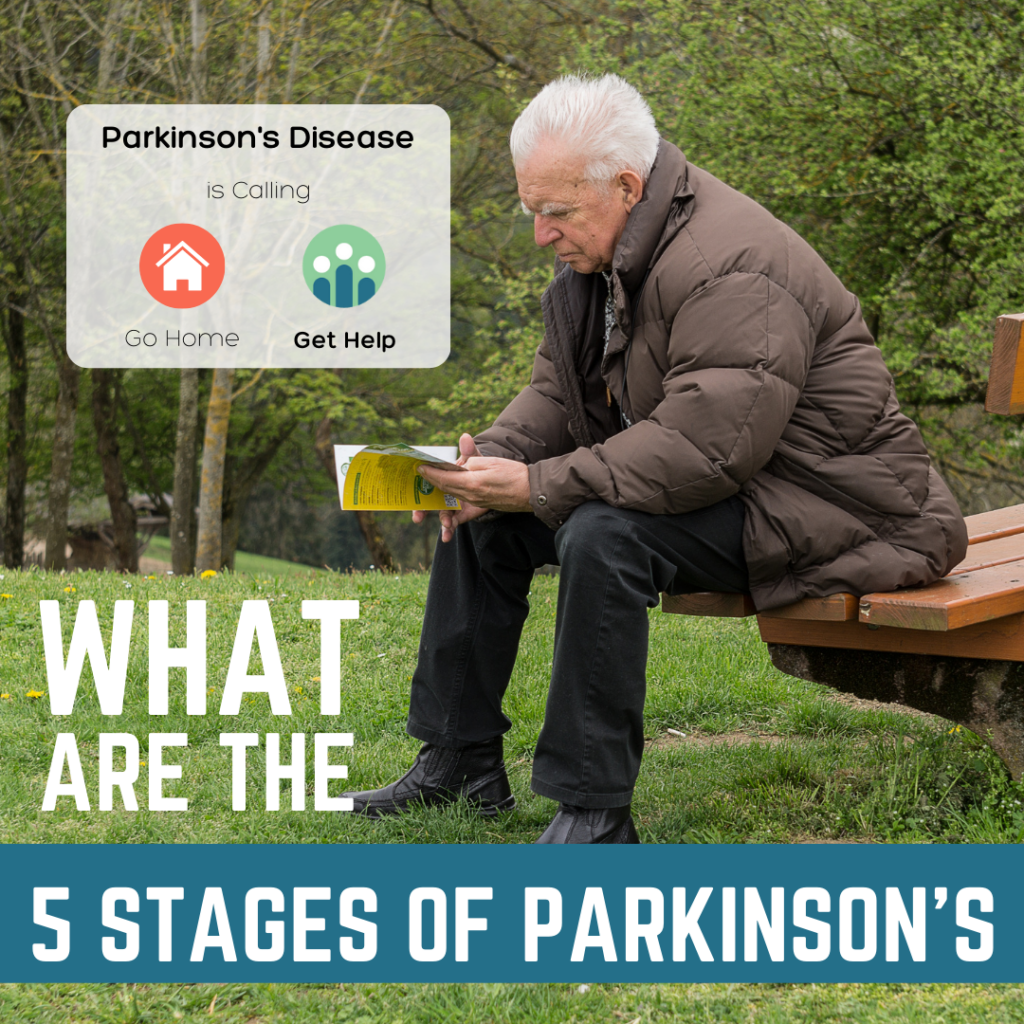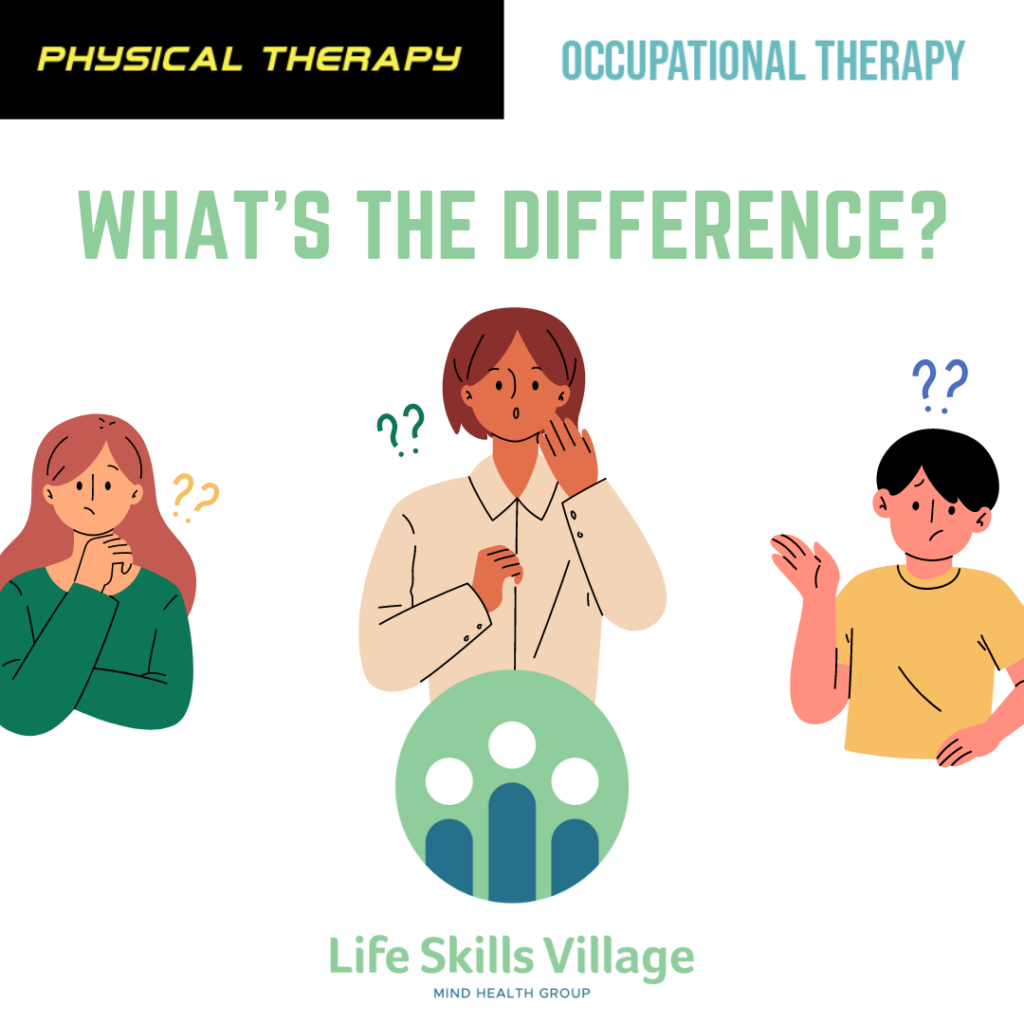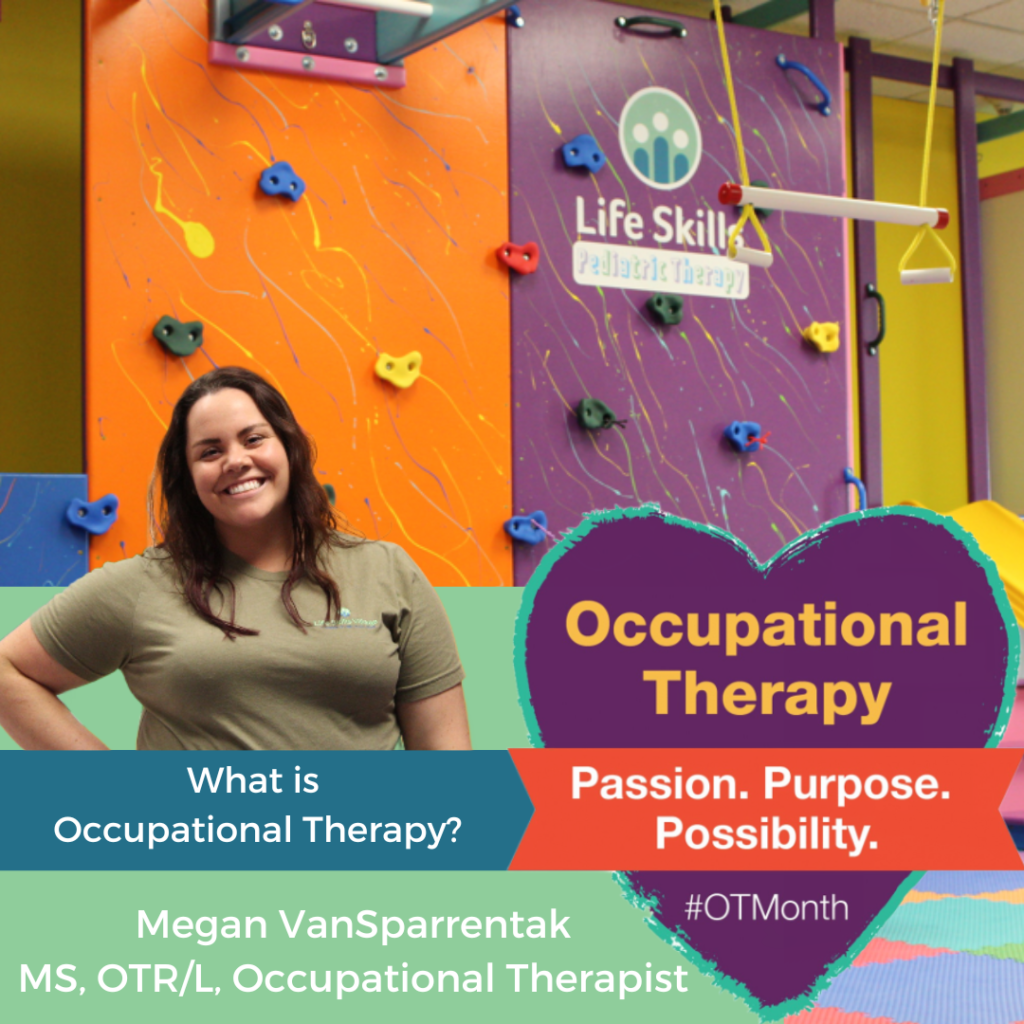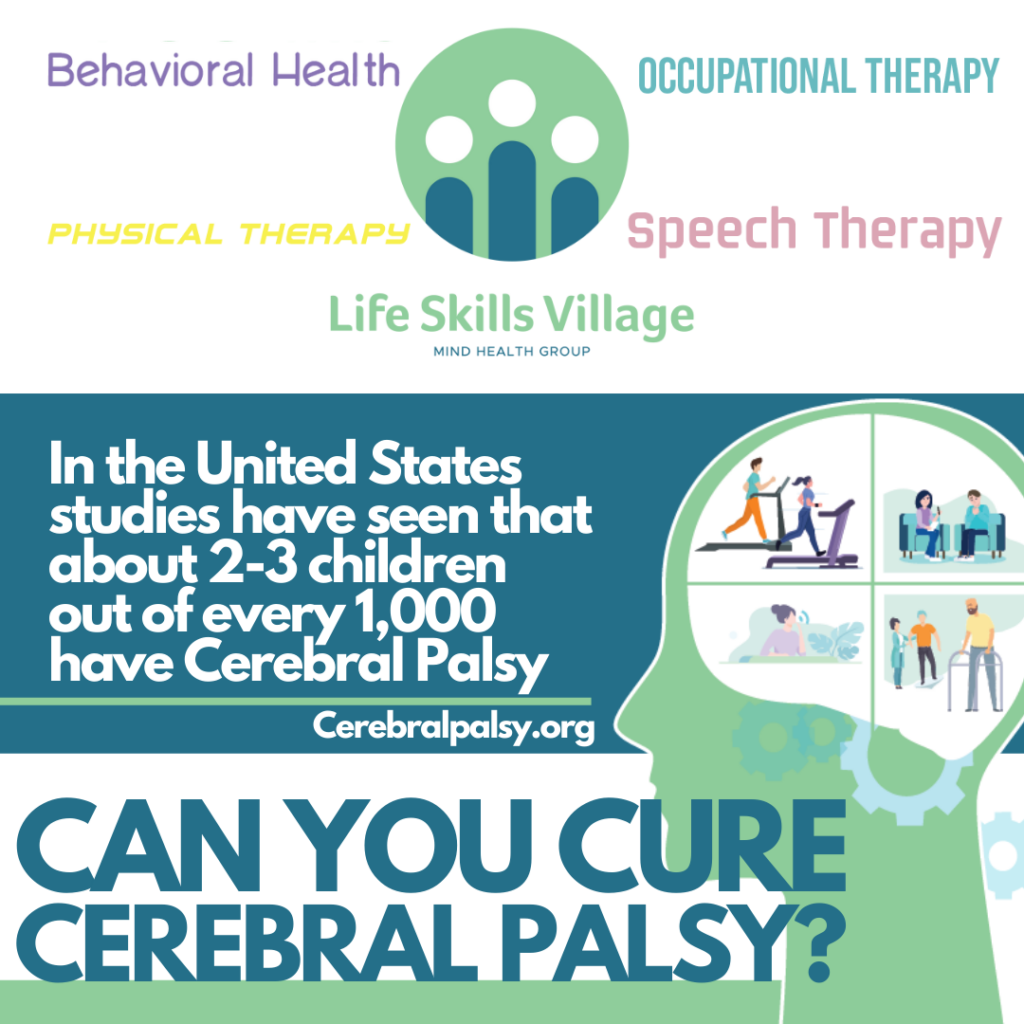Posts Tagged ‘Occupational Therapy’
What is Occupational Therapy?
Occupational therapy (OT) may seem like a complex field at first glance, but at its core, it’s a profession simply dedicated to helping individuals of all ages live life to its fullest. This article and our practice constantly aims to demystify what occupational therapy is through education and 1-1 treatment, illustrating its importance in the…
Read MoreWhat is Executive Functioning?
Do you often plan for an upcoming trip? Pay attention to traffic or to what a waiter is saying? Find yourself multitasking when watching your children and making dinner? Or bite your tongue when someone or something angers you? Chances are you have and have done it quite easily. That is your executive functioning…
Read MoreParkinson’s Disease: A Journey Through the Stages of Loss
Introduction: Parkinson’s disease is a progressive neurological disorder that affects millions of people worldwide. It is a chronic and degenerative condition that primarily affects the movement and coordination of the body. Parkinson’s disease can be devastating, both for the person diagnosed and their loved ones. As the disease progresses, it can cause significant changes to…
Read MorePhysical Therapy and Occupational Therapy… What are the differences?
Occupational therapy (OT) and physical therapy (PT) are two closely related professions within the realm of rehabilitative healthcare. Although they share many similarities in their overarching goals, they differ significantly in their approaches, target populations, and specific treatments. This article aims to provide a comprehensive understanding of the unique roles played by occupational therapists and…
Read MoreWhat is Occupational Therapy?
Occupational Therapy (OT) is a branch of healthcare that helps people gain or regain independence in their everyday lives following injury, illness, or disability. Occupational therapists work with people who are born with or acquire physical, cognitive, or sensory deficits. These deficits or impairments in function can be caused by: cerebral palsy, torticollis, spina bifida,…
Read MoreCan you cure Cerebral Palsy?
What is Cerebral Palsy? Cerebral Palsy is caused by damage to the developing brain, usually during pregnancy, childbirth, or shortly after birth. CP affects about 1 in 500 children and is a lifelong condition. While there is no cure for cerebral palsy, there are various treatments and therapies available to help manage symptoms and improve…
Read MoreParkinson’s Disease incidents are much higher than previously expected – according to new study
This past Thursday, December 14th 2022, a New Study showcasing the rise in over 30,000 more cases of PD than previously expected… The study was released by Allison Willis at Penn Medicine – The University of Pennsylvania Health System. The information in this article is sourced directly from that article in short. Initial Findings “Disease…
Read MoreDoes My Child Need Occupational Therapy?
What is Occupational Therapy? Occupational therapy helps individuals participate and perform in their everyday life activities in their home and community, including school, workplace, and social settings. Occupational therapy focuses on assisting and improving the physical, psychosocial, sensory-perceptual, and cognitive skills that support engagement in daily activity to increase independence and quality of life. How…
Read MoreBut, they can play at home? The importance of Play-Based Interventions in Speech Therapy
When preparing for a speech therapy session with a pediatric client, often the first question is; “what toys and games could I incorporate?’ Looking In It’s not uncommon for parents to look in on their child’s session and see what looks like their child “just playing,”. However, we know through evidenced based research,…
Read MoreWhat happens if Parkinson’s is left untreated?
Parkinson’s Disease and its impact. As defined by the Mayo Clinic, Parkinson’s Disease is defined as a progressive nervous system disorder that affects movement. Parkinson’s disease is measured in different stages in which early signs may be mild, whereas later signs can cause severe impairments in motor, cognitive, and social functioning. Some of the hallmark…
Read More
